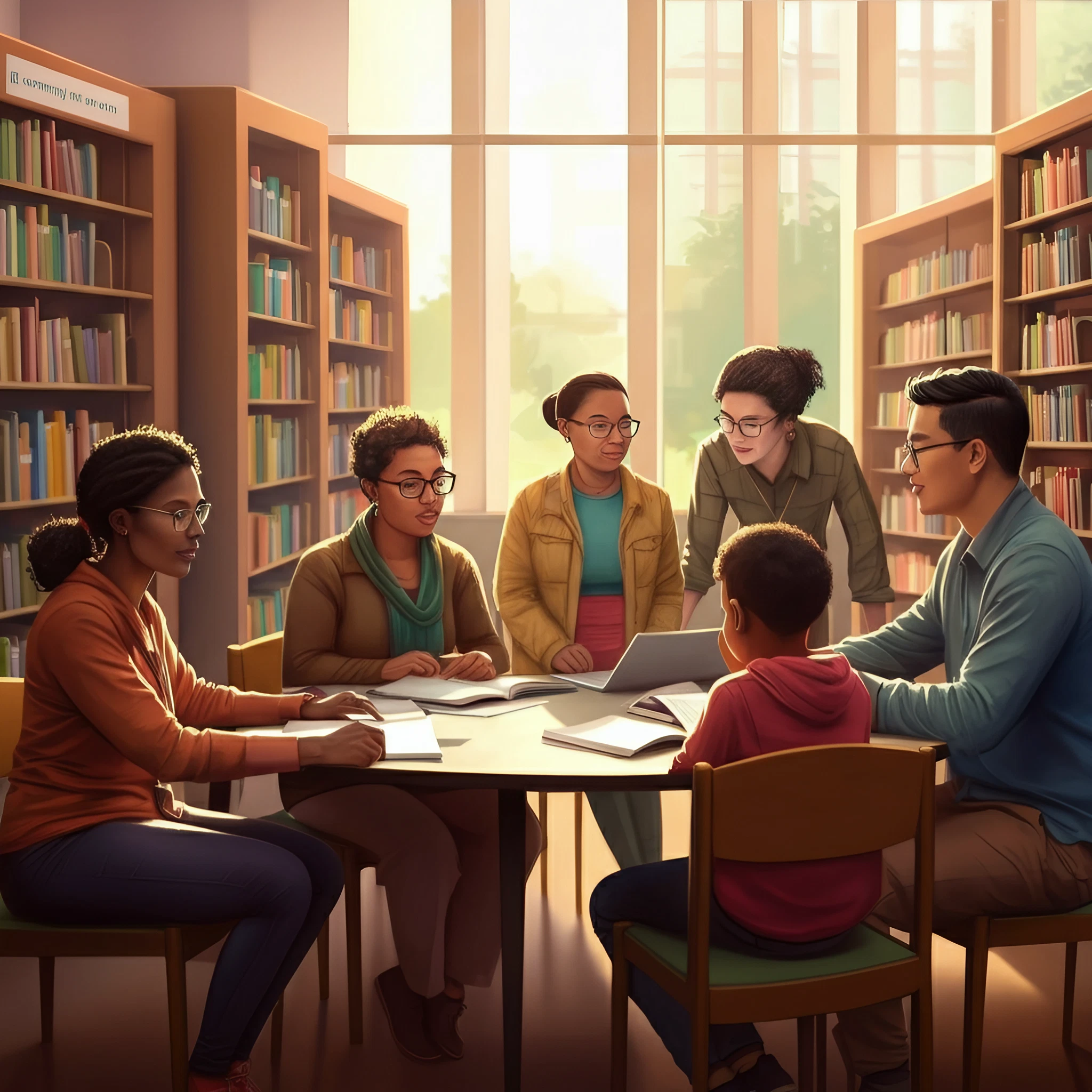Everyone, at some point, encounters moments of daily life when they wish they had better skills to handle a task or situation. From budgeting effectively to cooking a meal from scratch, these crucial lessons make life smoother and more manageable. Beyond the obvious, these lessons often teach practical lessons about everyday living that transcend simple tasks to build confidence, independence, and resilience.
Whether you’re a parent, an educator, or a young adult refining your own skills, understanding how and why practical lessons matter is key. Let’s explore what these lessons are, why they matter, and how to implement them.
What Are Practical Lessons About Everyday Living?
Practical lessons about everyday living encompass essential life skills that make daily routines simpler and more efficient. They include tasks such as managing finances, cooking, problem-solving, communicating effectively, and organizing tasks. These lessons equip individuals with the tools they need to thrive independently, handle challenges, and make well-informed decisions.
For example:
- Personal Care: Basic hygiene routines like brushing teeth or establishing healthy eating habits are lessons that set the foundation for physical and mental well-being.
- Household Management: Learning how to cook, clean, do laundry, or manage grocery shopping ensures smooth daily living.
- Time Management: From meeting deadlines to planning a week’s worth of tasks, these lessons teach individuals how to organize and prioritize effectively.
- Financial Skills: Budgeting, saving, and understanding expenses are critical lessons that contribute to long-term security and independence.
But these lessons go beyond just learning tasks. They foster independence, enhance problem-solving, and instill confidence.
Why Do Practical Lessons Matter?
The importance of practical lessons lies in their ability to prepare individuals to face real-world situations with strong problem-solving and self-reliance skills.
1. Promoting Independence
Practical skills empower people to handle daily responsibilities without relying on others. From cooking their meals to managing budgets, having these skills promotes self-sufficiency, reducing stress and dependency.
2. Building Confidence
Mastering new tasks builds a sense of achievement. For example, a young adult budgeting for the first time or an individual preparing a meal for their family experiences a boost in confidence. That self-belief often extends to other areas of life.
3. Preparing for the Unexpected
Life comes with surprises. Practical life lessons often teach people how to adapt and respond. Whether it’s fixing a flat tire, managing time constraints, or solving a disagreement, these lessons equip individuals with valuable critical thinking skills.
4. Mental Health Benefits
Feeling capable in your everyday life leads to a strong sense of control. This contributes to improved mental health, decreased anxiety, and higher overall satisfaction. For instance, keeping an organized space or preparing healthy meals contributes directly to physical and emotional well-being.
5. Success in Adulthood
Beyond individual benefits, practical lessons make individuals better prepared to contribute to society. From successfully holding a job to managing a household, these skills are the backbone of thriving communities.
How to Teach Practical Lessons That Resonate
For parents, educators, and mentors, teaching practical lessons often requires patience and creativity. Here’s how to make the process effective and engaging.
1. Start Early with Age-Appropriate Tasks
Introduce children and young adults to tasks suitable for their age and developmental level. For younger children, this could be organizing toys or learning to brush their teeth. For teens, tasks like managing finances or preparing meals build a foundation for adulthood.
2. Make Learning Fun and Relatable
Gamify tasks wherever possible. For instance, turning budgeting into a game by giving a fixed «pretend» allowance and seeing how they spend it can teach important lessons in a lighthearted way.
3. Encourage Responsibility and Independence
Give individuals the chance to fail and learn. Supervise, but allow experimentation. It’s beneficial for someone learning how to cook to make mistakes; that fosters problem-solving and a sense of accomplishment when they succeed.
4. Be Patient and Provide Constructive Feedback
Especially for young people, positive reinforcement is key. Instead of pointing out failure, guide them through mistakes and help them improve over time without judgment.
5. Create Opportunities for Practice
Repetition builds mastery. For example, encourage weekly cooking or monthly budgeting sessions to provide regular opportunities to hone these life skills.
Practical Lessons Across Different Contexts
These lessons are not limited to the home. They can be taught and reinforced in many settings.
For Parents:
Children often learn best by observing. Model good behavior and invite them to participate in daily tasks like cooking or organizing family expenses.
For Educators
Schools can integrate practical lessons into their curriculum, covering topics like financial literacy, basic home economics, or effective communication. Project-based learning is a great way to build these skills while fostering engagement.
For Young Adults
For young adults stepping out on their own for the first time, platforms like workshops, online resources, or mentorship programs offer excellent opportunities to refine practical skills.
Everyday Lessons that Last a Lifetime
Practical lessons are more than completing daily tasks. They’re the building blocks of self-reliance, confidence, and maturity. By mastering these skills, individuals become better equipped to face challenges, seize opportunities, and grow in their personal and professional lives.
Whether it’s learning how to meal plan or managing finances, practical lessons often teach enduring values that apply long after the task itself.
Invest in Practical Growth Today
Are you ready to build your skillset or help someone else grow? Start small. Pick one area you’d like to improve—perhaps managing time or cooking a single meal from scratch. Celebrate accomplishments, no matter how small, and recognize that these lessons aren’t just about accomplishing tasks but about building a better, more prepared version of yourself.
For parents and educators, every moment spent teaching these vital lessons is an investment in the future. Equip young people with the wisdom and confidence to manage the complexities of life.
Take the first step today. The skills you learn (or teach) now will be the foundation of success in the future.








